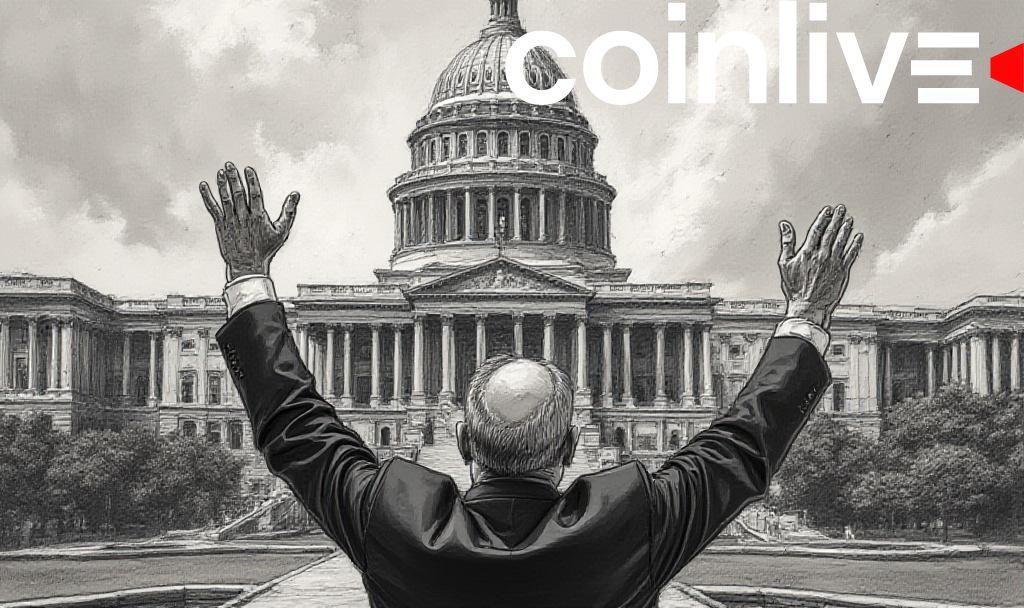- Texas allocates $10 million to a Bitcoin reserve.
- First such state-run Bitcoin initiative.
- Potentially boosts institutional Bitcoin adoption.

Texas has become the first U.S. state to establish a publicly funded Bitcoin reserve, allocating $10 million for the initiative. The reserve is led by Governor Greg Abbott and managed by the Texas Comptroller.
This event underscores Texas’s commitment to digital finance and the potential for increased institutional adoption of Bitcoin. Initial reactions suggest it may enhance Bitcoin’s presence in state-level economic strategies.
Texas has taken a pioneering step by allocating $10 million to establish a state-run Bitcoin reserve. Governor Abbott played a crucial role in signing Senate Bill 21, which facilitates this allocation, setting Texas apart from other states.
Key figures involved include Governor Greg Abbott and State Senator Charles Schwertner, who championed the bill. Only Bitcoin will be accepted in this reserve, requiring the cryptocurrency’s market cap to exceed $500 billion.
This move marks a significant shift in how U.S. states might consider digital assets. Governor Abbott’s leadership highlights Texas’s role as a crypto-friendly state, potentially impacting how other states approach cryptocurrencies.
From a financial perspective, this initiative signifies a legislative endorsement of Bitcoin, possibly encouraging institutional and governmental sectors to view digital currencies as viable assets for reserves.
The broader economic implications include positioning Texas as a leader in crypto adoption, which may inspire similar actions in other states. Such a reserve may influence market dynamics and liquidity, although actual impacts remain to be observed.
This move reflects historical support for digital assets in Texas and could signal a shift towards a more digital financial system. Lee Bratcher, President, Texas Blockchain Council, stated, “While the reserve’s size is modest, it represents a strategic move towards a digital financial future.” Data suggests growing acceptance, but ongoing regulatory adjustments will shape long-term outcomes.








